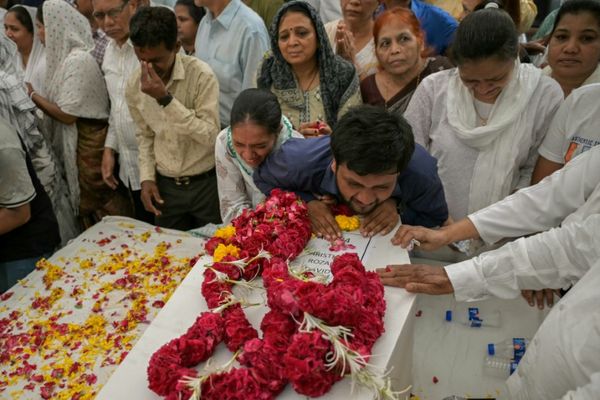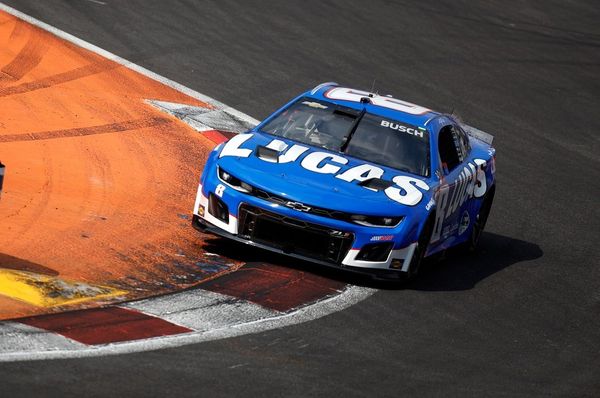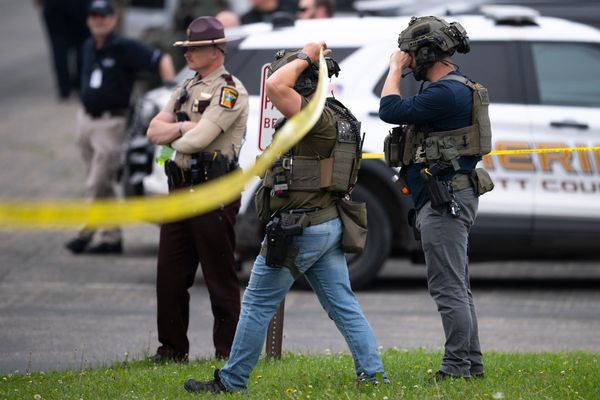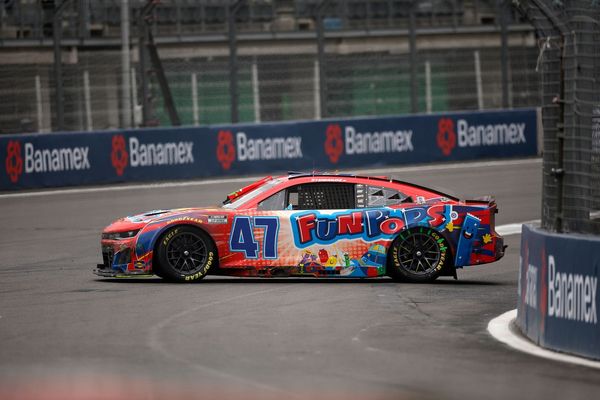
Wartime Prime Minister Hideki Tojo stated that Japan would definitely win the Pacific War after meeting with Emperor Showa on the eve of its outbreak, according to a recently discovered memo.
Found among the effects of Michio Yuzawa, the then vice home minister who died in 1963, the memo details what Tojo told Yuzawa about the opening of the war with the United States on the evening of Dec. 7, 1941, the day before the war started.
It is written on five sheets of paper, and also notes the time and date: "11:20 p.m. Dec. 7 (Sunday), 16th year [of the Showa era]."

According to the memo, Tojo stated that he had explained to Emperor Showa during the day on Dec. 7 the scheduled events for the day when Japan would begin hostilities. The Emperor had previously opposed the war, but decided in its favor and the branches of Japan's military began to act together.
Tojo is quoted in the memo as saying, "We have already won." This is a valuable historical document, the first to record the heightened emotion of Tojo on the night before Japan entered the Pacific War.
Emperor Showa ordered Tojo, then the army minister, to form a cabinet in October 1941 in a bid to contain the bellicose army, and asked him to consider measures to avoid war through diplomatic negotiations.
However, the Hull Note, the final settlement proposal from the United States before the war, was delivered to the Japanese government, and Japan abandoned negotiations. The government made a final decision to go to war at the Gozenkaigi (conference in the presence of the emperor) on Dec. 1, and attacked Pearl Harbor in Hawaii early on Dec. 8.
According to the memo, Tojo summoned Yuzawa and the vice army minister to the Prime Minister's Office at 8:30 p.m. on Dec. 7 and told them about the events scheduled for the day when the war would begin.
Tojo then said, "I am completely relieved by this." He said he was moved by the fact that all of the military would take action based on the Emperor's decision. "We will be praised by the Emperor," he said.
Until the decision to begin the war was made, Emperor Showa had been very concerned and considered the situation from various perspectives. The memo, however, quotes Tojo as saying, "Once the decision was made, the Emperor looked relaxed and was not wavering at all."
Furthermore, he said with certainty, "If there was lingering regret about negotiations with Britain and the United States … dark shadows would loom over. However, there are no such shadows, which reflect the Emperor's determination."
"As we are in this situation, we have already won the war," Tojo said.
The memo also states Tojo was slightly drunk that night.
Takahisa Furukawa, a professor at Nihon University of Japanese modern and contemporary history, said that while Tojo had won Emperor Showa's trust by reporting on the situation in detail, he did not have a wide enough perspective to take charge of the fate of the country.
"The memo conveys his satisfaction that he could convince the Emperor to start the war. This historical material will deepen research on Tojo, who led the country into the war and was convicted as a Class-A war criminal," Furukawa said.
Concerning the Emperor's state during the day, Tojo is quoted as saying that night, "When I explained tomorrow's events to the Emperor today, the Emperor said yes and did not look different from usual." The official record of Emperor Showa, which was unveiled in 2014, contained only the fact that he met with Tojo at around noon on Dec. 7 after meeting with the chief of staff.
According to Yoshimitsu Iwakabe, a visiting researcher at the Gakushuin University Museum of History, no materials were confirmed to exist regarding the meeting between the Emperor and Tojo when compiling the official record. Iwakabe is also a former head of the Compiling Division of the Imperial Household Agency, and was involved in compiling the official record.
"This memo indicates that Tojo simplified the complex feelings of the Emperor at the meeting in his mind," Iwakabe said.
Read more from The Japan News at https://japannews.yomiuri.co.jp/







